Rhetoric of Diversity dilutes Accountability in India

Ankit Raj is a Gandhi Fellow. He was associated with NIRDPR, Government of India as a Professional, and currently looks after the Talent Management vertical at Swaniti Initiative. He tweets at @ankitrajshrivas.
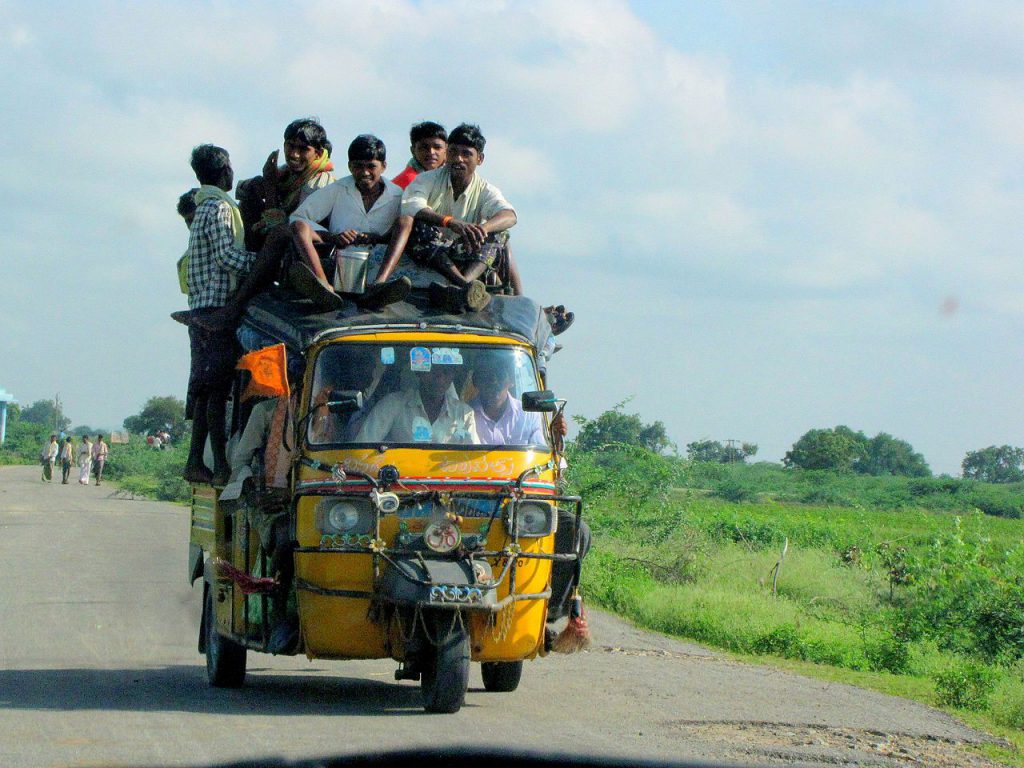
[responsivevoice_button voice=”US English Female” buttontext=”Read out this Theel for me”]
Indians are generally proud of their diversity. The pride is more about the diversity in the whole country than in their personal life. India is truly diverse. However, from my childhood to very recent years, I always wondered why everyone was so happy about the “strength” that comes with diversity. What strength comes? Thanks to my interest in strategic world affairs and humanities, I could sense its importance. I could figure out that the “strengths” gained from the diversity are: unpredictability, abundance, the scope for disruption, multiple facets, and a sustained thrill of newness.
I do not feel that we are contesting the culture while saying that we, as a society, are fixated on a position that I call ‘post-personal’ diversity. Meaning, we seek diversity in everything without that affecting our original state. E.g., we want to be a developed society, but without fighting corruption. We want the politicians to think of the whole nation. Still, we remain intimate with the couch. We want the indigenous culture to flourish but are ready to influence all of it with our trendy comfort. We want the population of the country to be controlled. Still, we remain on a race of increasing the race, etc. etc. This attitude exhibits that – the individual followership of a common rule is directly proportional to the easiness of following it. And that’s the fundamental nature of human beings from the ‘ruled’ perspective. But being in the position of a voter, does this empower us in a democracy?
The current situation has helped us imagine a world with an altered position, and that’s why it has become easier to observe the original position. We somehow left our status quo. The world has witnessed a worldwide brief-presentation of what the authoritarian regime will look like. I am not saying that the state was ruling the world – instead, the main ruler was Coronavirus. Anyway, the unalienable rights have been alienated in broad daylight with announcements loud and clear. And that shifts the whole paradigm.
When paradigm changes, everything changes; because it changes the very lens of our outlook, our perception, interpretation, and attention. Today, India perceives itself as an essential player in the new global order. That has changed its behavior, its outlook, its fundamental position. The incidents of IMD report on Gilgit Baltistan, neutralizing the Chinese aggression in Sikkim, the announcement of unprecedented packages for pulling back the economy, its dominating gesture in SAARC, its irreplaceable importance in Afghanistan, Taiwan’s open affection towards India, and the “Bharat Mata ki Jay” chant from balconies applauding the corona warriors; these are some significant examples. These boosts perhaps made India numb towards the realization of the dent that COVID19 has made in each of us. Amidst so much of uncertainty, India has harped on the most starved economic warriors – the small and medium industries.
Now, for a huge number of heavy money makers, this sudden change is like a grand degradation of the bedroom keeping intact the same big-round-bed! For the poor, it is like removing the rooftop of the road-side-hut in hot-summer-sun. Self-reliance is not the issue; neither is the time of realization, nor the intention. But yes, the direction of the onus is questionable. In this situation of crisis, as per the previous experiences, the implementation of economic relief packages are often subjected to siphoning. There is so much diversity, in fact, incredible diversity. In a crisis, each situation is convertible into an opportunity to make illicit money by the decision-maker.
We witnessed the criticism of making Aadhar Card as the integral and single identity proof managed by citizens. We recently saw the agitation against nation-wide NRC. We witnessed the failure of one nation-one travel card. We witnessed the limited use of Rupay cards, and we know the criticism of the idea of having the Aarogya Setu App in everyone’s mobile phone. Now, we are witnessing the concept of One Nation One Ration Card and its criticism. The basis of these criticisms is governed and powered by the highly contextualized and personalized lens of ‘diversity.’ The diversity of demography – rich & poor, capable & incapable, influential & common, fair & dark, etc.; the diversity of geography – hilly & plain, summer prone & rain prone, fertile & barren, etc.; the quality of life – reasonable & starved, educated & uneducated, law-abiding & rebels, employers & employees, etc.
Now the question is that the government wants to universalize some basic facilities. Like, housing for everyone; food for everyone; education for everyone; electricity for everyone; bank account for everyone; health facilities for everyone; and so one. To do all these, it wants geographical, historical, and biological data of everyone through Aadhar and NRC. The government is blamed for taking the track of “One size fits all”.
If we consider the development planning at the rural local bodies, we will find that there are some basic central schemes to be implemented in every Gram Panchayat. In Bihar, each Gram Panchayat may ask for funds if it has a plan in total 34 schemes out of which five schemes are on job creation. Most among the 5 are center-sponsored schemes. It also means that most of the remaining other 29 schemes are from the state government. This is a pattern followed across the nation.
One thing is obvious: it is non-negotiable for every citizen to have a consistent and responsive system to take care of the fundamental necessities and that the “one size fits all” is undebatable. It means that India needs uniformity of perspective at the state and central level governments, and the onus is on states to cooperate amongst each other and with the union as well. Later on, the diversification based on geographical priorities and perspectives may be done at a state level in which they have not been very successful.
In Indian polity, states have many more things on their plate, and hence they require more resources, which is yet to be a reality. But one thing is also evident from the real-life observation: States have continued to be more ambiguous, unprofessional, and unaccountable. And this, they do with their cane of the diversity of items in their list. If we leave Andhra Pradesh, Kerala, and Delhi, we don’t find any state going the extra mile for the betterment of its citizens. What is visible is the level of accountability they have in their operations. Aren’t they operating in the same paradigm of resource crunch? Aren’t they achieving human development milestones? They are. I am not saying they are corruption-proof, but they are able to bring in more resources for their citizens, facilities to ensure healthcare, and provide localized solutions to the citizens.
Hence, it appears that the traditional excuse against centralization has paralyzed the universalization of necessary civic facilities in India. After all, a simple villager, when he goes with a problem, is shut by a block development officer by the uttered requirement of many papers that may not be even necessary. But the job is postponed. Accountability is bluffed. Diversification of documents paved the path! If problems are similar, why not solutions be similar. If states are not ready to accept this, they are merely diluting their accountability under India’s blanket of diversity.
Featured Image Credits: Wikimedia


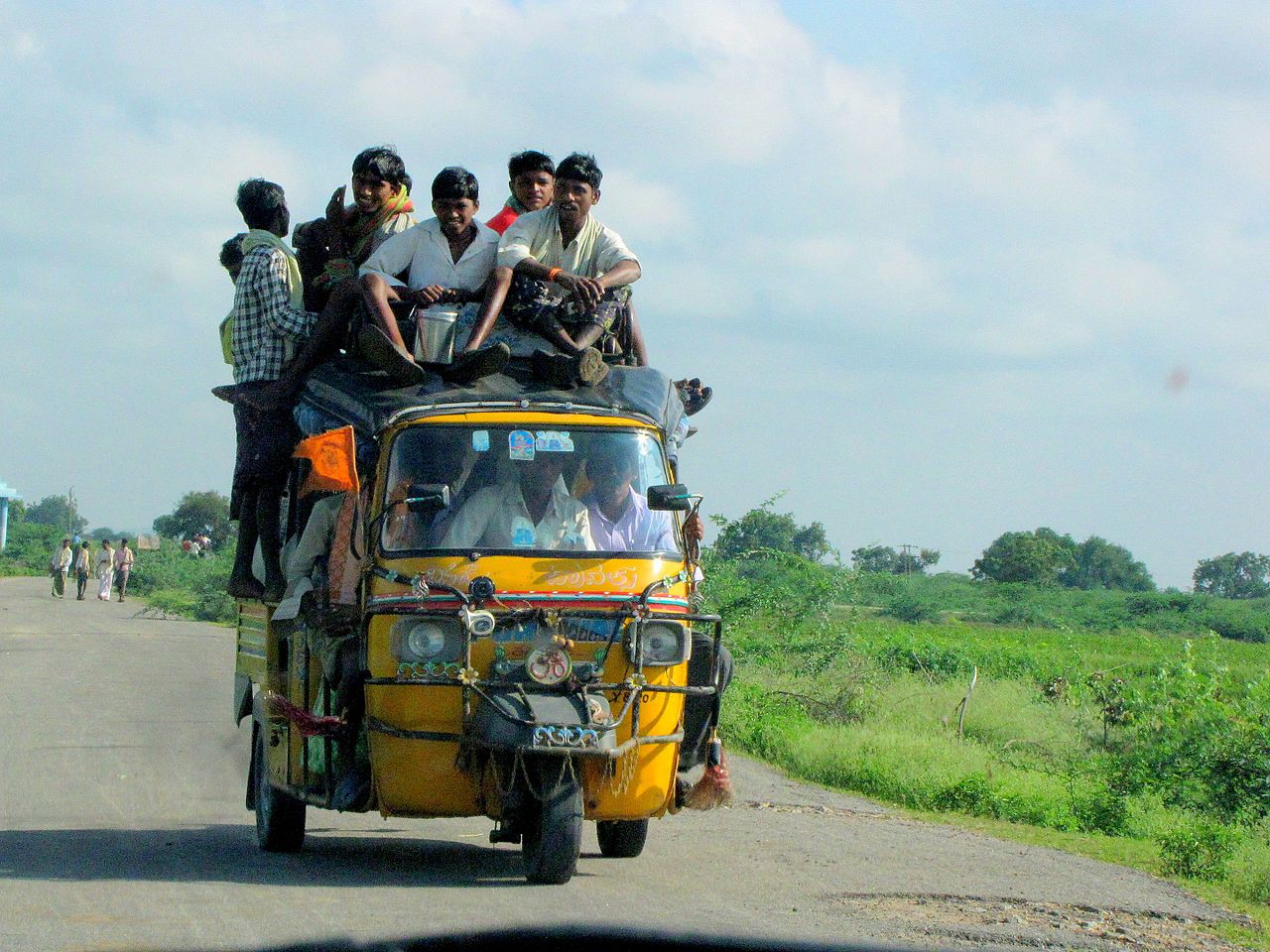
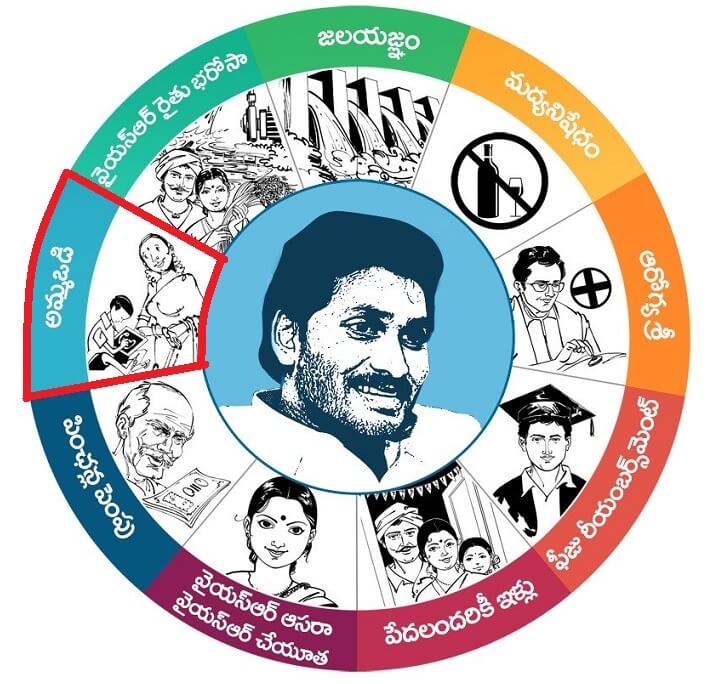
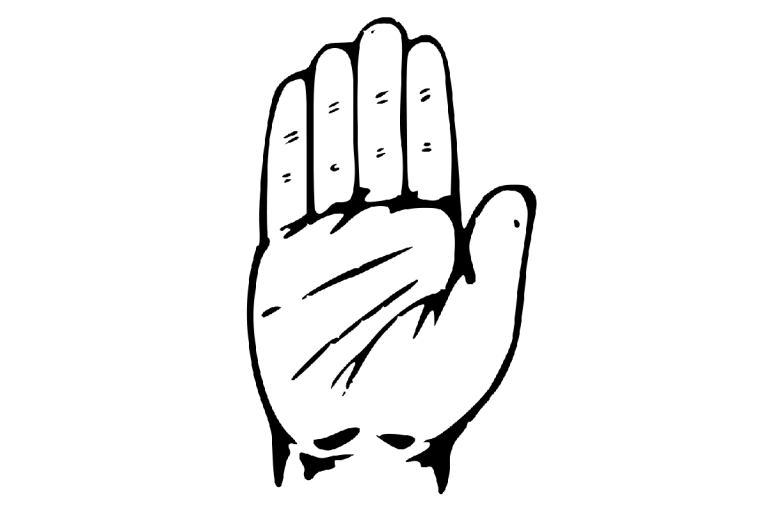
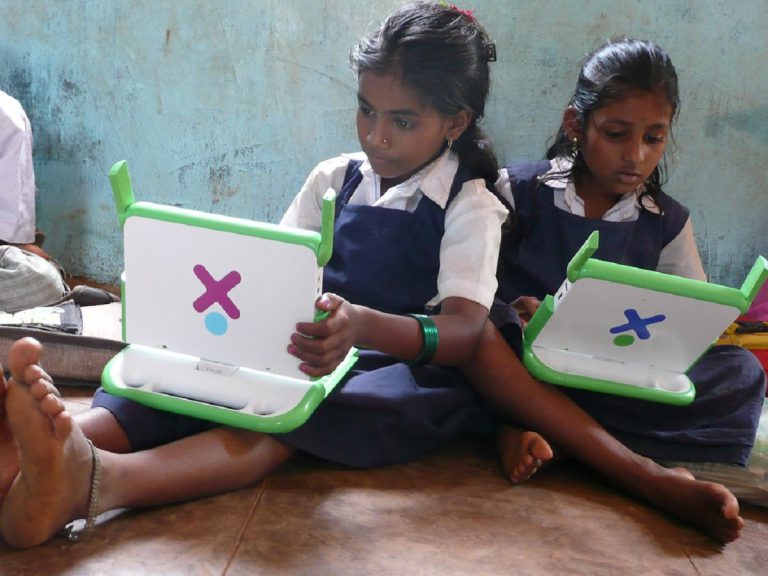

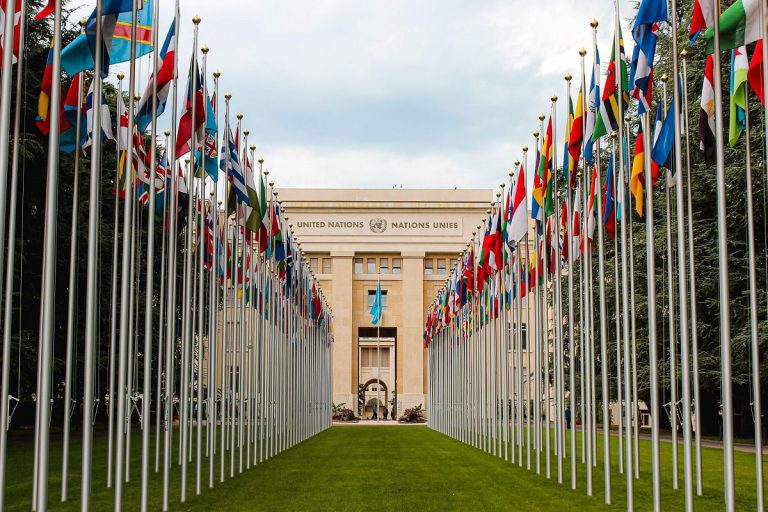
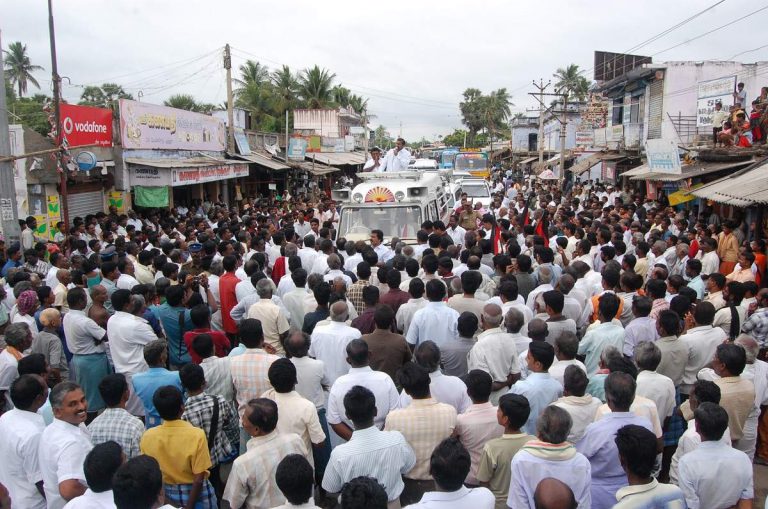
Readers' Reviews (1 reply)